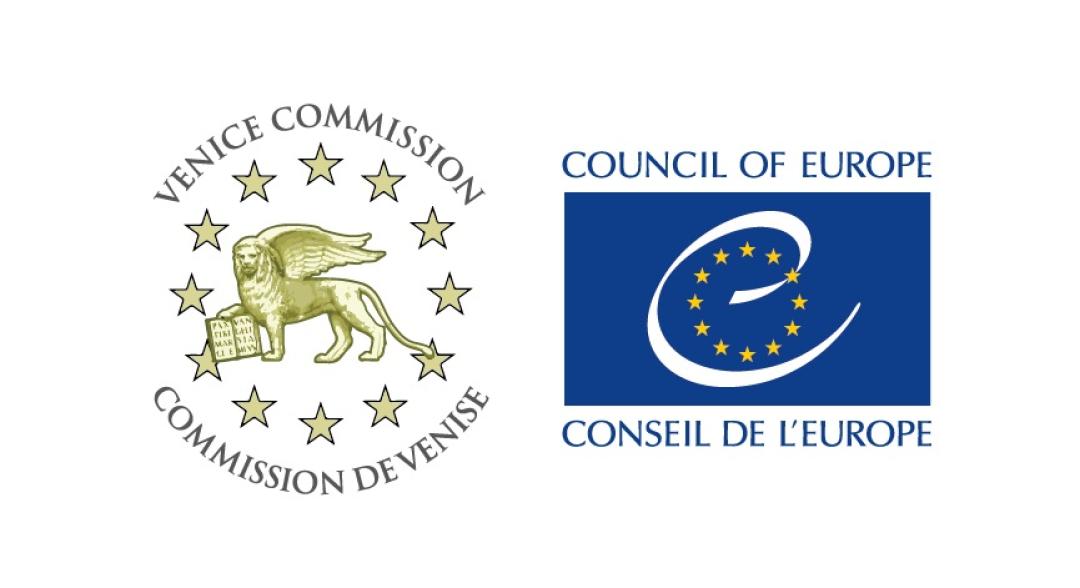
Georgia: Venice Commission calls for revision of elections laws

On 24 March, the Council of Europe Venice Commission released its opinion on several Georgian bills and has called on the country “to reconsider several amendments to the Election Code, the Law on Political Associations of Citizens and the Rules of Procedure of the Parliament of Georgia.”
The authors of the report expressed their beliefs that the “proposed changes regarding the Election Code would infringe the rights of political parties to equal opportunities by denying them free airtime if they do not receive public funding.” “The denial of free airtime to those parties is both disproportionate and unfounded, as it is exactly these parties with less funds at their disposal that would need access to free airtime in order to voice their opinions and present their programmes to the electorate. Furthermore, not only is there no evident connection between allocating free airtime and receiving state funding that would justify such a step, but also such a restriction is not in the public interest, as it would reduce access to information that the public needs in order to make an informed choice in elections,” the report said.
The Commission also expressed concerns by the proposed amendments to the law on political associations of citizens that would deny state funding to a political party or electoral bloc that did not take up at least half of the parliamentary mandates that it won. It emphasised that the law would deprive the party or bloc of state funding for the next six months, if half of the members of parliament of any party or bloc did not attend without good reason more than half of the regular plenary sittings. “Sanctioning political parties – and not individual parliamentarian – by depriving them of funding, if the respective MPs do not attend most sittings during a parliamentary session, appears “disproportionate” and at odds with the Parliament’s Rules of Procedure, which already regulate such matters in a clear and balanced manner,” the opinion further read.
Similar considerations apply to the proposed amendment to the rules of procedure of parliament, which would result in the full deduction of the salary of a parliamentarian who does not attend, without good reason, all plenary sittings during a calendar month of the regular session, both for the period of the parliamentary session and for the ensuing recess period. The opinion proposed considering “more proportionate and appropriate means” to achieve the goal of the amendments, which could involve imposing direct consequences on individual parliamentarians for their actions.
In a separate joint opinion, also requested by the Chairperson of the Parliament of Georgia (Archil Talakvadze), the Venice Commission called on Georgia to reconsider adopting a proposed new provision to the country’s electoral code, as related to the participation of a foreigner acting as party leader in pre-election campaigning. Adopting this amendment could lead to an unduly restriction of political pluralism, the Venice Commission warned, listing several concerns. “The proposed amendment does not clearly define which criteria would be used to determine who is considered to be an electoral list’s or party’s political leader. Besides, while the right to vote and stand for election may be subject to some conditions, including the respective individual’s nationality, restrictions of foreigners to participate in domestic political life should be limited to the establishment of political parties, but not to their membership. Furthermore, the sanction of deregistering a party list due to the foreign nationality of a person acting as its political leader seems a disproportionate measure that targets the party rather than the foreigner in question,” the opinion concluded.
In an interview with “Le Monde” Georgia’s former Ambassador to EU Natalie Sabanadze spoke on her resignation from the post (Caucasus Watch reported), saying that the reason for her resignation derived from disagreements with the Georgian government in recent weeks. She said that all Georgian leaders present themselves as being pro-European, adding that there was a difference in saying something and actually doing it.
The US Senator Jeanne Shaheen said that she was “surprised and disappointed” that all parties in Georgia “have allowed the current crisis to last so long.” “Georgia’s commitment to democracy must be demonstrated through the actions of all Georgians whether they are in the government or the opposition. So, it’s imperative that the government take steps to ensure an independent judiciary, and to work with all opposition parties to find a negotiated resolution to this crisis,” she further stressed.
See Also


Mirzoyan Meets US Deputy Assistant Secretary Joshua Huck

Azerbaijani President Holds Talks with UAE and German Business Delegations on Economic Cooperation

Grigoryan Confirms Armenia’s Readiness to Dissolve OSCE Minsk Group Upon Peace Treaty Signing

Azerbaijani Official Warns of Ecological Risks to Caspian Sea, Similar to Lake Urmia and Aral Sea

